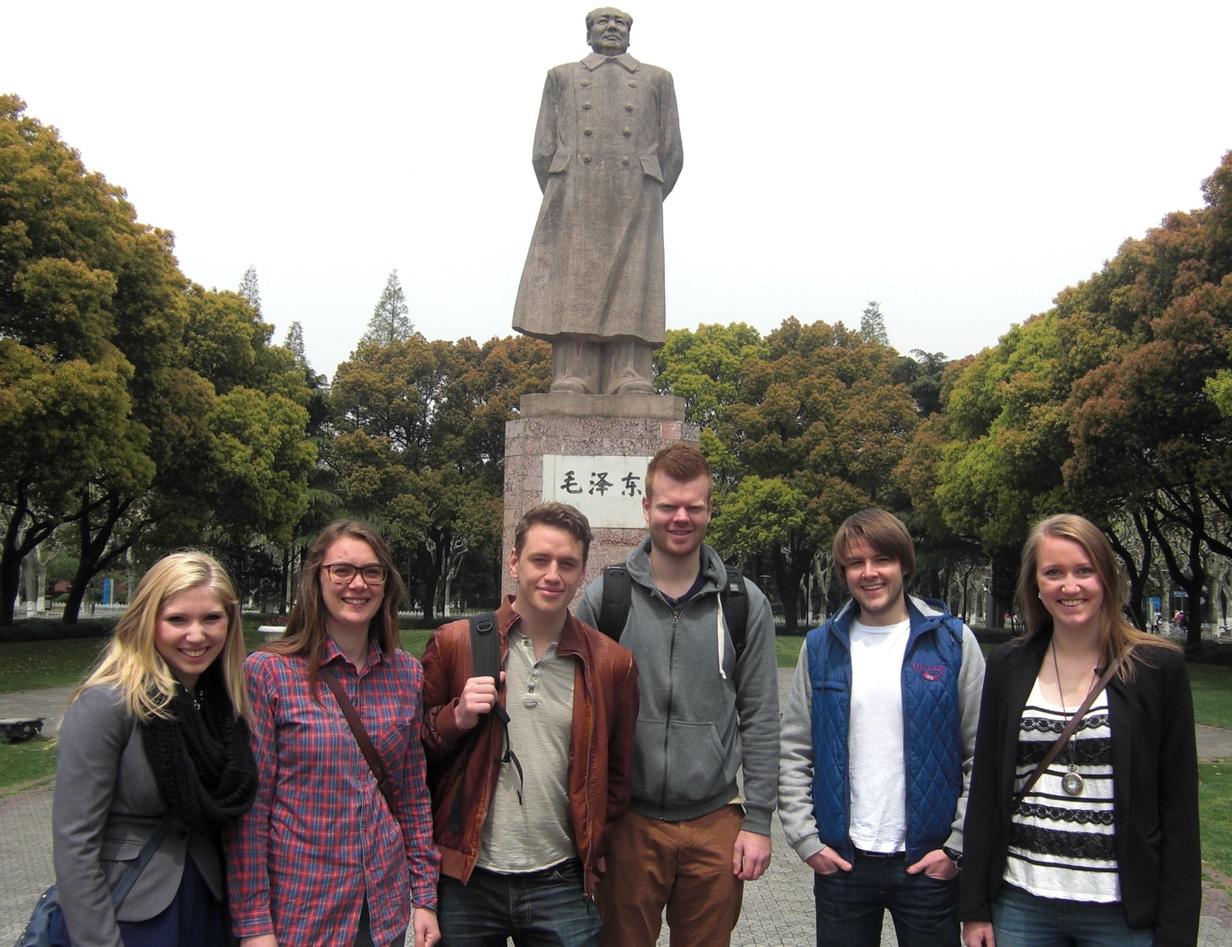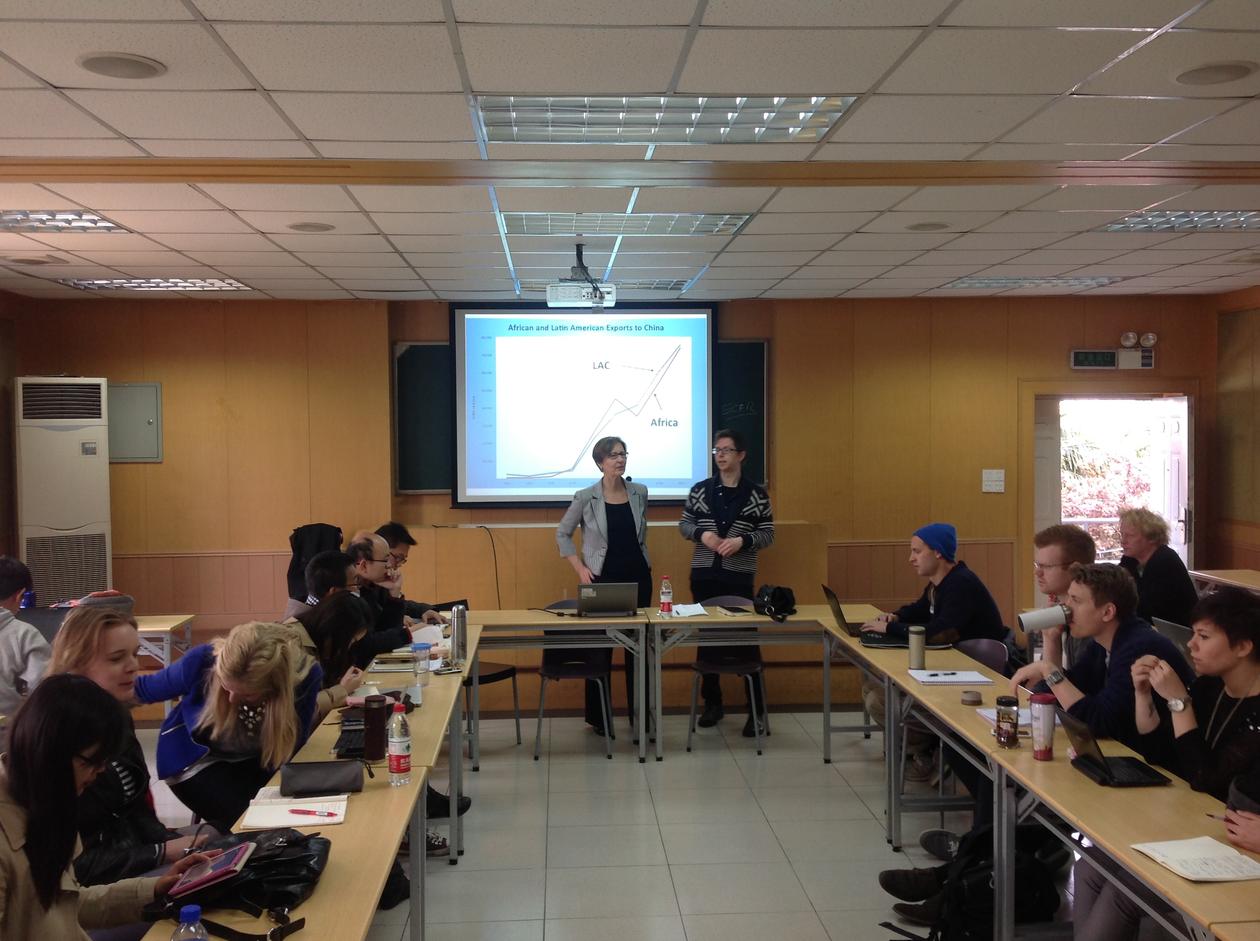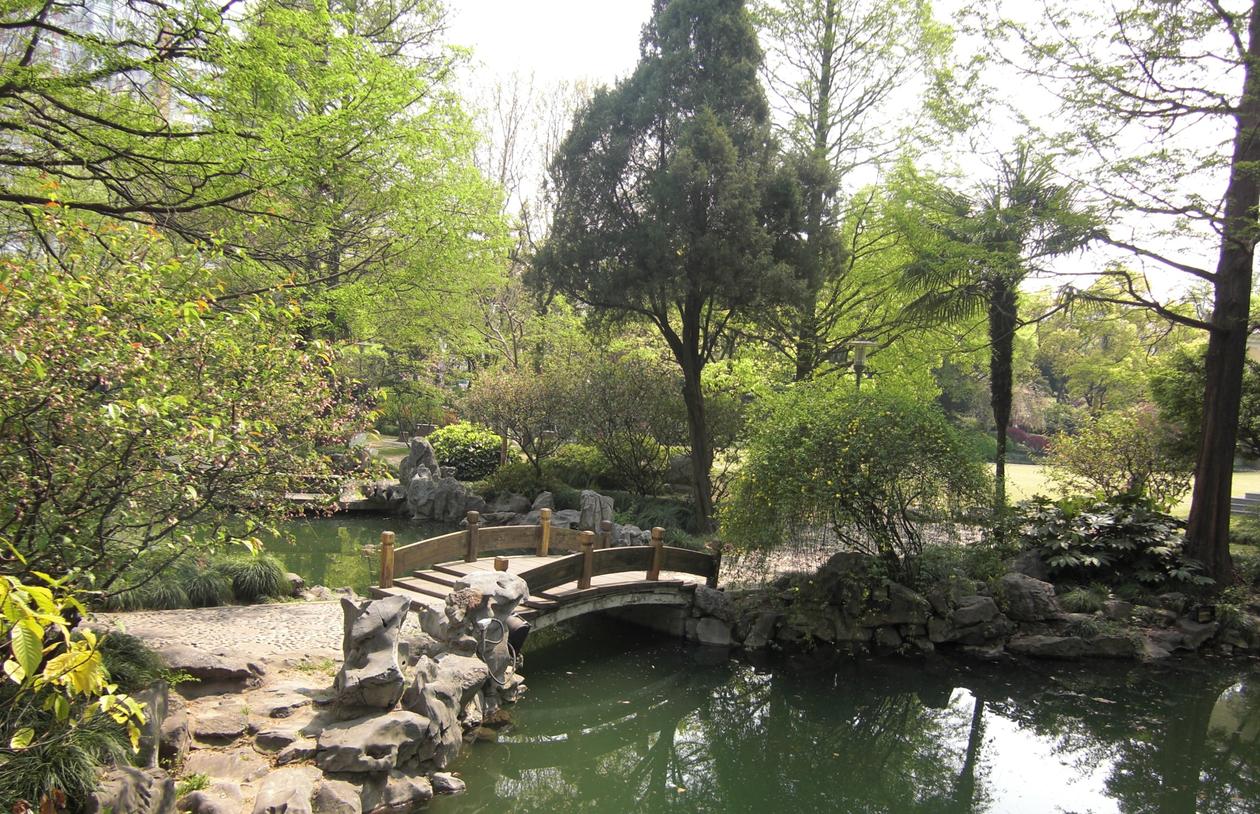Chinese Politics, language, bicycles and crispbread
Comparative Politics student, Hilde Sandvær, quickly sums up both academic and everyday life at Fudan University in Shanghai: Chinese politics, language, bikes and crispbread. In that order.

Main content
Distances here are enormous compared to home, it is absolutely vital to have wheels if you want to get anywhere on time, Hilde comments. She is one of eight students from UiB following the semester program "Chinese Politics in a Globalized World". The program is organized by the Department of Comparative Politics in collaboration with Nordic and Chinese partners, and is arranged at the Nordic Center and School of International Relations and Public Affairs (SIRPA) at Fudan University in Shanghai. The students are given a unique possibility to learn about Chinese politics from the inside, with a special focus on international and global questions in a Chinese perspective. The students also learn Chinese language and culture as part of the program.
It is early April, the sun is shining, and even though the sky is just as grey as blue, one cannot complain about the temperature. Some smog is to be expected in a city which is the size of Scandinavia. I have met some of the students from UiB to learn about their experiences from the program at Fudan, and while we are maneuvering through the crowds towards our lunch destination, I get some input on ever so vital practical matters: besides a bicycle, crispbread or possibly muesli. That is necessary. Chinese food is great, but as breakfast every day it can be a bit too much for the average Nordic stomach, one of the students explains. Then it is very practical that Ikea has immigrated to China, so it is possible to get some basic Nordic necessities.
Safely placed around the table for lunch, the food has been ordered in precise Mandarin by Kristian. While the traditional tea left behind from the previous guest are being replaced, the conversation is turned toward more practical and academic matters. It is quickly established that the students are very satisfied with the information, arrangements and follow-up from the Nordic Center. They are looking after us, Ole says. Good service one might say, Øyvind adds.
The course outline consists of three modules, one of which is joint with the Chinese students at SIRPA. The group swiftly concur that the modules are interesting, with many excellent international guest lecturers. The students’ previous knowledge on both Chinese domestic and foreign politics was very different at the start of the semester, so the learning curve has been steep since I came here, says Nina. But you don’t have to be an expert on China to follow the program. Matilde emphasizes the excursions built in to the program as a very positive feature which gives it an extra dimension. We seem to get many experiences compared to a normal visiting student, she says.
This is the second class of students following the program "Chinese Politics in a Globalized World" and experiences so far are very positive. Coordinator for the program, Hans Jørgen Gåsemyr, explains that one of the most attractive features is the way in which it brings together Nordic and Chinese students and scholars. The goal is that it will get even better, and we are working continuously on raising the level to be able to offer the most relevant and interesting content, while at the same keeping in mind that it must be possible to follow the course without being a China-expert, he tells.
Read more about the program here


